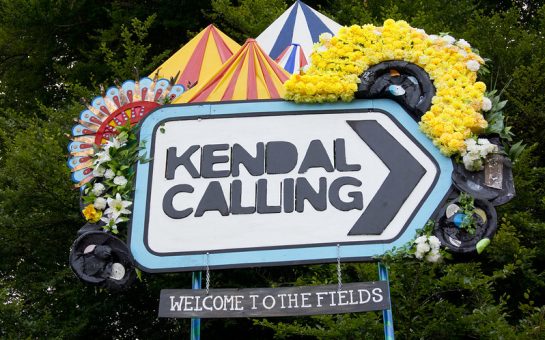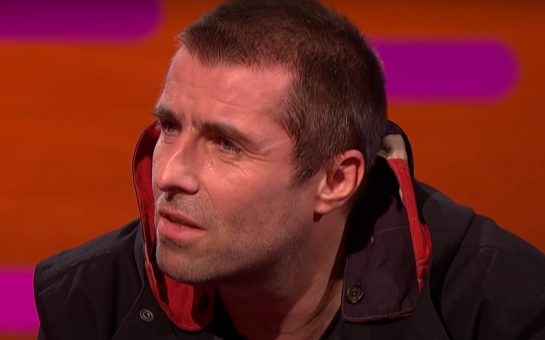Ever since we became literate in the 9th century, England has produced some of the world’s finest writers.
The ability to read and write shaped the nation, not only could we officially record documents including laws and bills of sale but we could also entertain ourselves.
Gone were the days when storytellers gathered around a campfire lowering their voices to draw in passersby.
Many playwrights, authors, poets and philosophers were born in our fine country, obviously none as well-known as Shakespeare, but what about those from Manchester?
Lots of distinguished writers have been born and raised in our city, but only five can make this list.
It’s a tricky task, but someone’s got to do it…
William Harrison Ainsworth
William Harrison Ainsworth (4 February 1804 – January 3 1882) was raised in Cheetham Hill, before he enrolled at Manchester Grammar School in 1817.
He went on to study law and in 1826, while working as a solicitor, befriended John Ebers, who published a magazine called The Literary Souvenir.
After flirting with poetry for a while Ainsworth began work on a novel called Sir John Chiverton which was published by Ebers in July 1826.
Ainsworth then spent a few years travelling, before he returned to writing, and his first success as a came in 1934.
The book was titled Rookwood, and featured Dick Turpin as its leading character.
In 1841 Ainsworth became one of the first writers to have a novel serially appear in a national newspaper when Old St. Pauls, A tale of the Plague and the Fire was published in The Times.
Jack Sheppard (1839), Guy Fawkes (1841), and The Lancashire Witches (1848) are regarded as Ainsworth’s most successful novels.
Howard Jacobson
Howard Jacobson (born August 25 1942) was raised in Prestwich, and is a Man Booker Prize-winning author and journalist.
Jacobson’s comic novels – which usually revolve around the dilemmas of British Jewish characters – are among his most highly regarded work.
The Manchester-born writer has previously claimed: “I’m not by any means conventionally Jewish. I don’t go to shul (synagogue). What I feel is that I have a Jewish mind, I have a Jewish intelligence.
“What a Jew is has been made by the experience of 5,000 years, that’s what shapes the Jewish sense of humour, that’s what shaped Jewish pugnacity or tenaciousness.”
In 1999 Jacobson won the Bollinger Everyman Wodehouse Prize for comic writing for his novel The Mighty Walzer – a story set in 1950s Manchester about a teenage table tennis champion.
His novels Who’s Sorry Now? (2002) and Kalooki Nights (2006) were both longlisted for the Man Booker Prize, which he eventually won in 2010 for his novel The Finkler Question – the first comic novel to win the prize since 1986.
Jeanette Winterson
Jeanette Winterson was born in Manchester (born August 27 1959) and brought up by adopted parents in a house with only six books – including the Bible and Le Morte d’Arthur by Sir Thomas Malory.
It was Malory’s book that started her love of reading and writing and she later read English at Oxford University.
She wrote her first novel, Oranges are not the Only Fruit, at the age of 23, and it was published a year later in 1985.
She carried on writing while working for Pandora Press, her publisher at the time, and her second novel, The Passion, was published in 1987. It was at this time Winterson became a full time writer.
Following this Winterson penned a number of novels including Sexing the Cherry (1989), Written on the Body (1992), Art & Lies (1994), Gut Symmetries (1997) and many more before she released her latest book, The Stone Gods, in 2007.
Winterson was awarded an OBE for services to literature in 2006.
Frances Hodgson Burnett
Frances Hodgson Burnett (November 24 1849 – October 29 1924) was born in Cheetham, Manchester, to an ironmonger called Edwin Hodgson and Eliza Boond.
Her father owned a store in Deansgate, but when he died from a stroke in 1852, the family business was left to Boond.
During this time Burnett lived with her Grandmother, where she learned to love reading, before her family eventually moved to the USA in 1865 – they had planned to live with Boond’s brother but he could not afford to house them.
Burnett took to writing to earn money to escape the family’s poverty and by 1969 she had earned enough to move the family out of the log cabin they had been living in and in to a better home.
Her most recognised work is The Secret Garden (1911) which was not much acknowledged during her lifetime, nor mentioned at all in her obituary which mentioned other books she had penned.
However, as children’s literature became more prominent, The Secret Garden’s popularity grew and it is now recognised as one of the best children’s books of the 20th century.
Anthony Burgess
John Anthony Burgess Wilson (February 25 1917 – 22 November 1993) was born in Harpurhey to a fairly well-off family even though he described his background as lower middle class.
Burgess grew up in Harpurhey, studying English Literature at the University of Manchester, and during his life he lived in Malaya, Malta, Monaco, Italy, the USA and more.
After working as a teacher Burgess had his first novel, Time for a Tiger, published at the age of 39, while he was living in Malaya.
Most critics regard Earthly Powers (1980) as Burgess’ best work, but the Manchester-born writer is best known for A Clockwork Orange (1962), which was later adapted into a film by Stanley Kubruick.
Who could have made it?
Many people would argue that the likes of Morrissey, Noel Gallagher and Ian Brown should make this list.
Are they not writers? Of course they are, but that would have made this piece predictable, and besides, if you want to read about Manchester’s great music scene, why not have a read of MM’s Top Five Manchester Bands.
Image courtesy of Mike McKay via Flickr, with thanks.
For more on this story and many others, follow Mancunian Matters on Twitter and Facebook.

